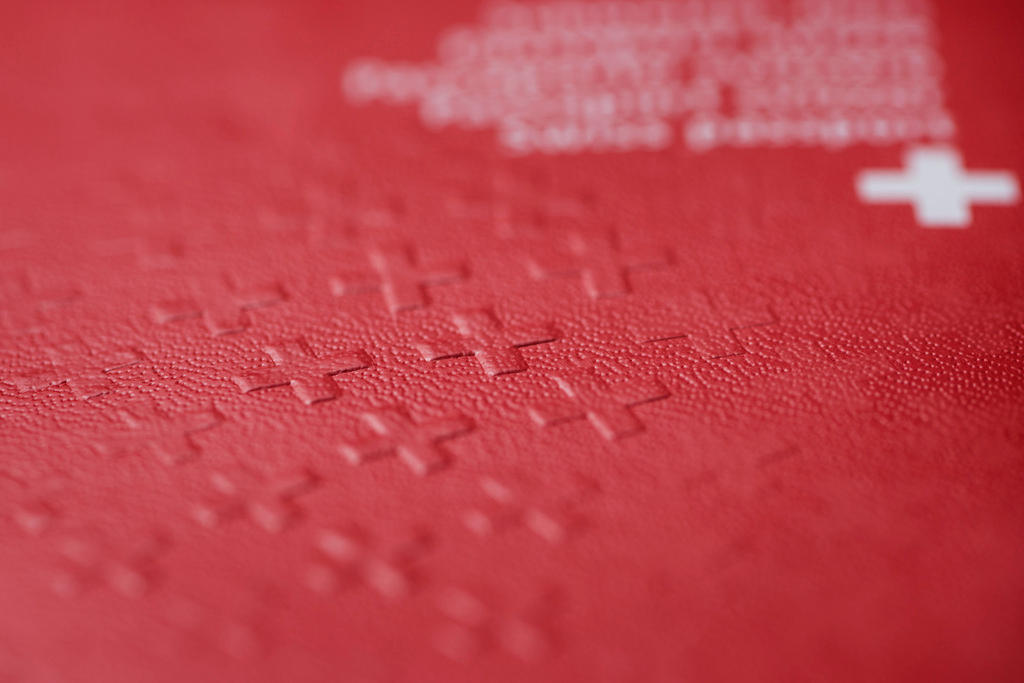Simplified citizenship passes, after five tries
It took five times for a facilitated naturalisation process for immigrants to pass at the ballot box. So how has public opinion changed since the first round of voting in 1983?
On Sunday the move to make it easier for the grandchildren of immigrants to gain nationality was approved by 60.4% of voters and a majority of cantons.

Previously, voters rejected every attempt at simplified naturalisation for foreigners, even when it was backed by the main political parties including the right-wing Swiss People’s Party.
Although some communes stuck to their guns on the issue over the past 30 years, others flip-flopped.

In 2004 a very heated and emotional debate ended with Swiss voters rejecting two proposals for facilitated naturalisation. The first, about second generation foreigners, was turned down by 56.8% of voters. The second, on automatic citizenship for third generation immigrants, was narrowly rejected by 51.6%.
The issue divided the country in half, with rural areas, German and Italian-speaking parts mostly against.
In campaigning against the reforms, the People’s Party, argued that Switzerland would become a majority Muslim state by 2040 if they were passed. Against a backdrop of significant immigration from former Yugoslavia, the party knew it could play on people’s fears and win backing beyond its usual support base.
In 1994, all the parties, including the People’s Party, backed a proposal for simplified citizenship. It was only opposed by a few far-right groups. To the surprise of everyone, the proposal did not win the required double majority among both voters and cantons. While voters backed the measure by 56%, it was rejected by 13 cantons. At the time around 300,000 young foreigners aged 15-24 would have benefitted from the reform.
The first defeat at the ballot box dates back to 1983. In order to improve integration of foreigners, the cabinet and parliament backed plans for facilitated citizenship not only for second generation immigrants, but also for stateless people and refugees. Criticism of granting citizenship for the latter two groups led to the proposal being rejected by 55% of voters.
Translated from French by Jessica Dacey

In compliance with the JTI standards
More: SWI swissinfo.ch certified by the Journalism Trust Initiative



You can find an overview of ongoing debates with our journalists here. Please join us!
If you want to start a conversation about a topic raised in this article or want to report factual errors, email us at english@swissinfo.ch.